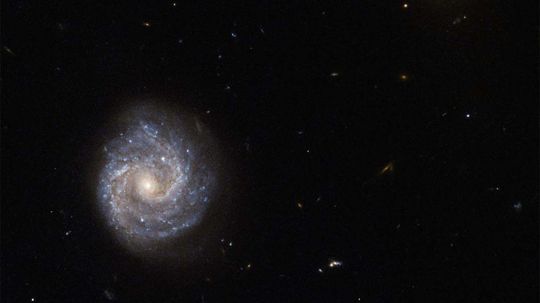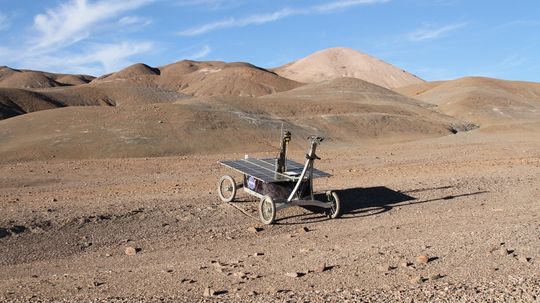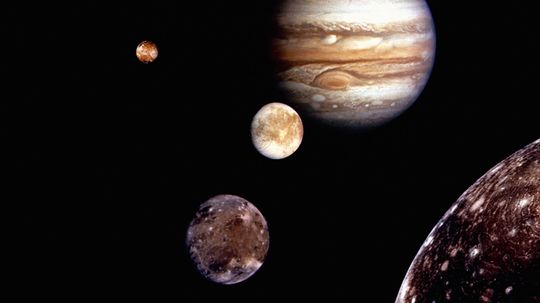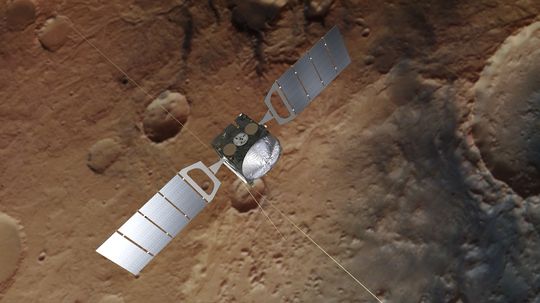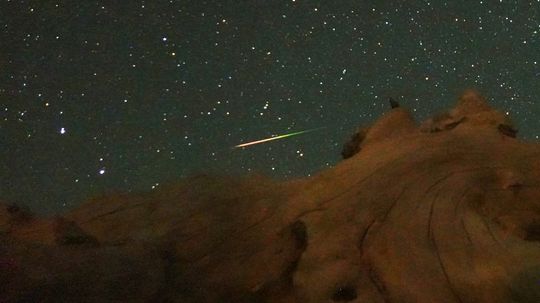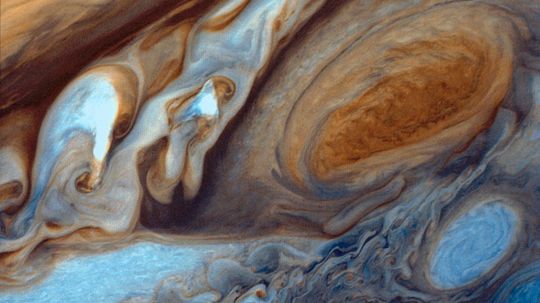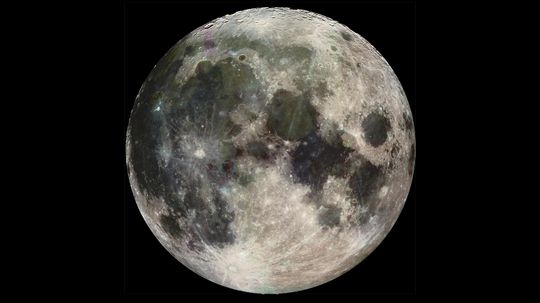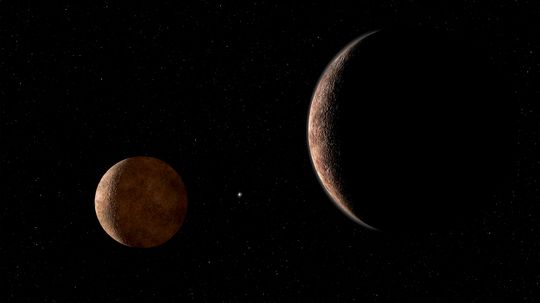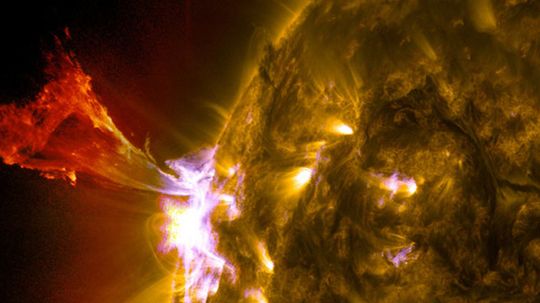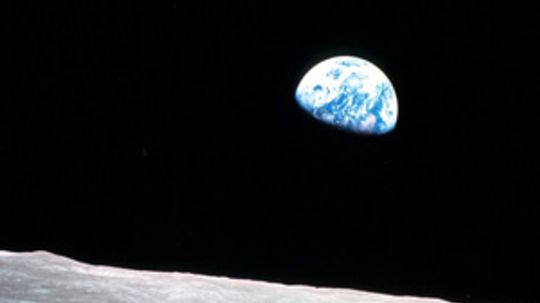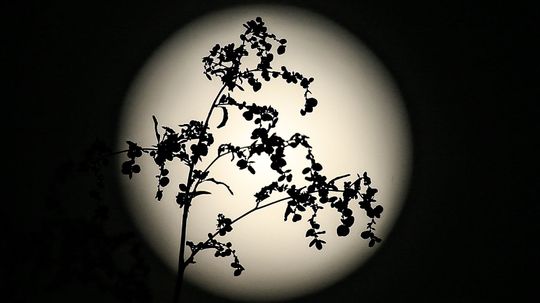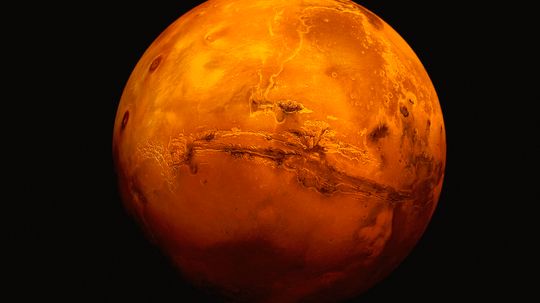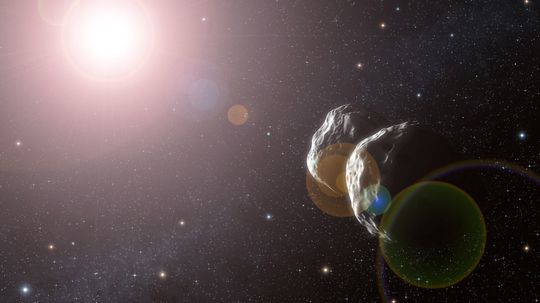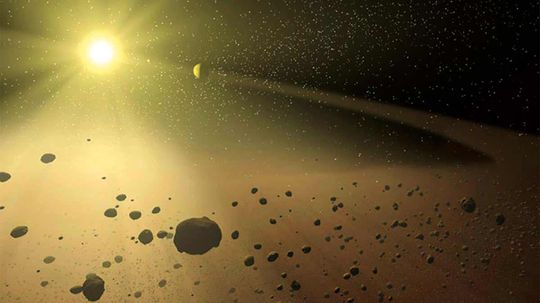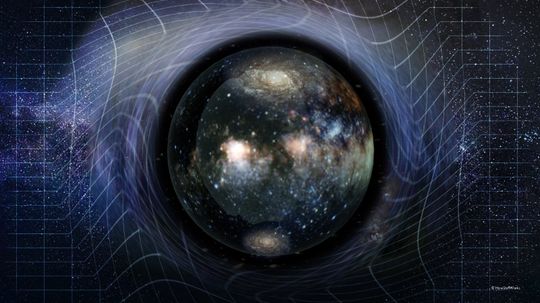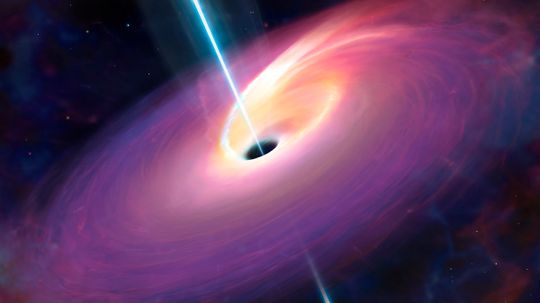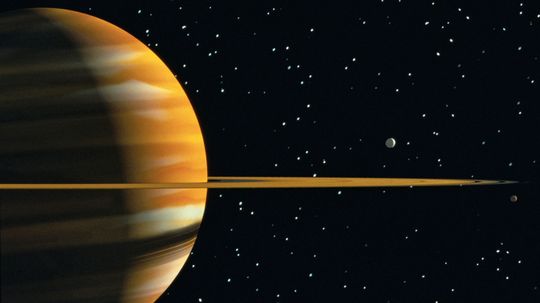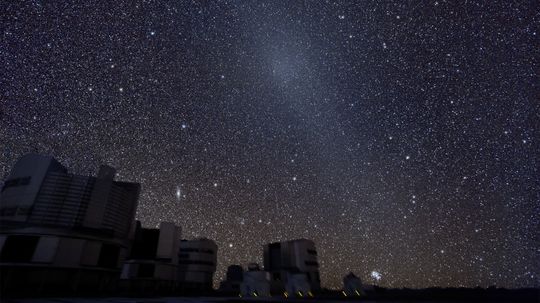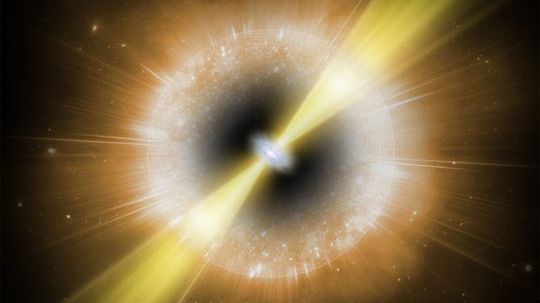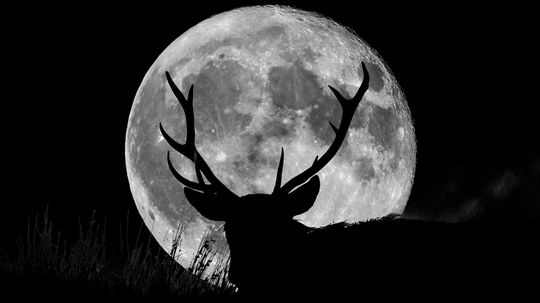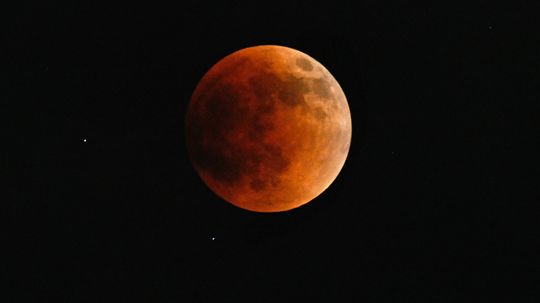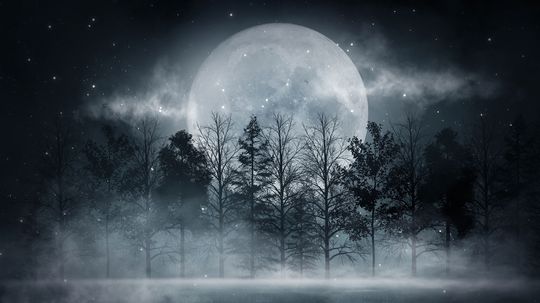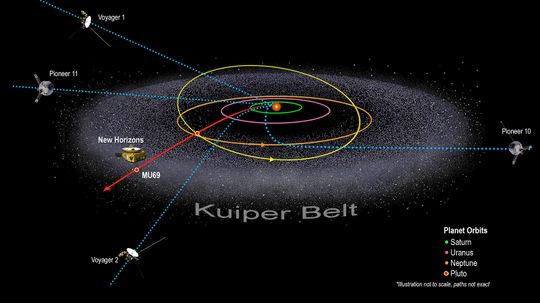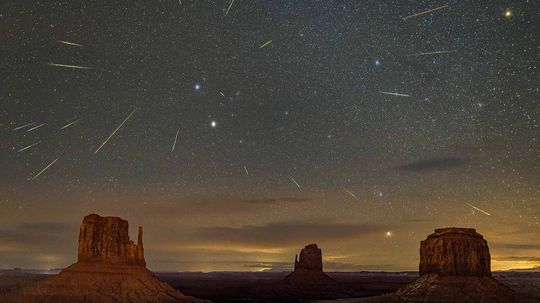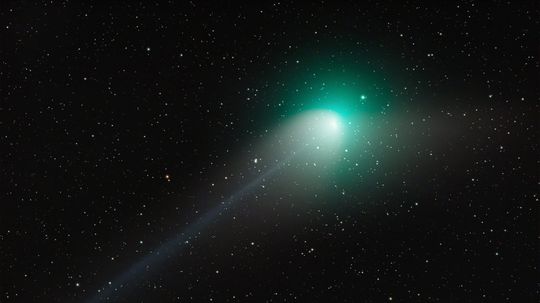The Solar System
In the Solar System Channel, you can explore the planets and celestial objects around our own sun. Learn about topics such as Mars, Jupiter and the Moon.
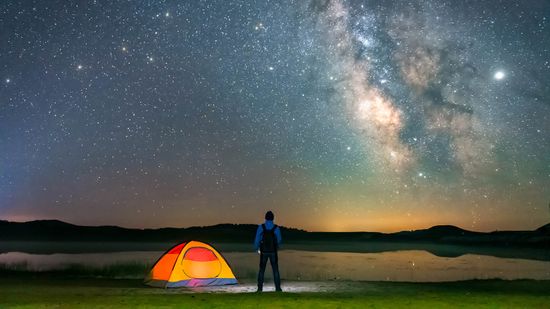
88 Constellation Names (and 24 You Can Only See From the Northern Hemisphere)
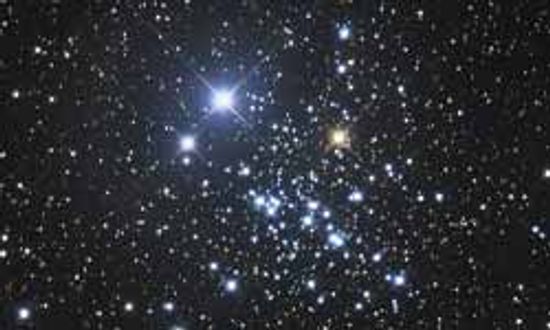
Constellation Pictures
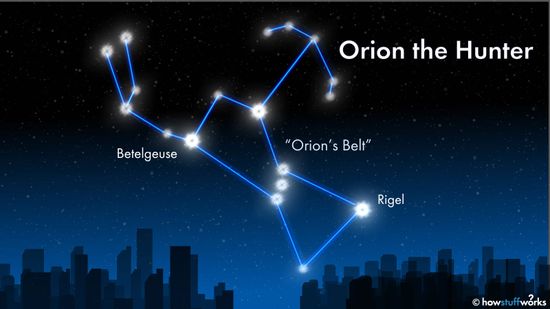
How to Find Orion's Belt in the Night Sky
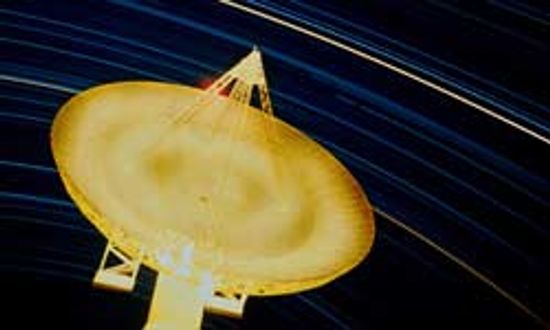
Radio Telescope Image Gallery

How do I build a telescope at home?
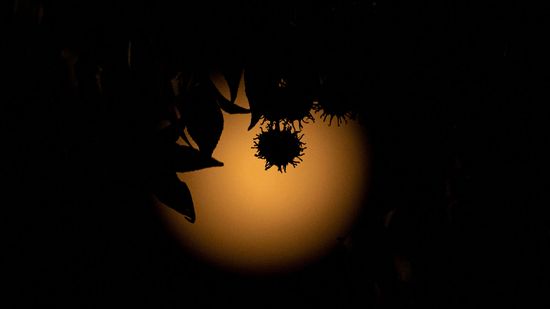
Shooting the Stars as an Astrophotographer
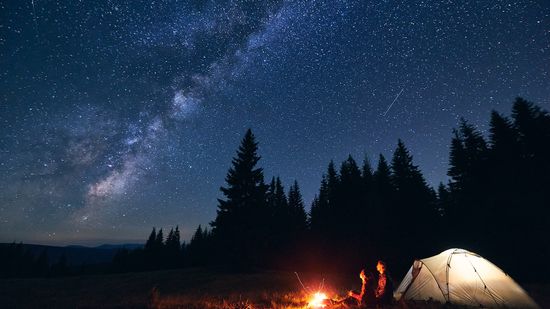
10 Types of Stars Blazing and Collapsing in Our Universe
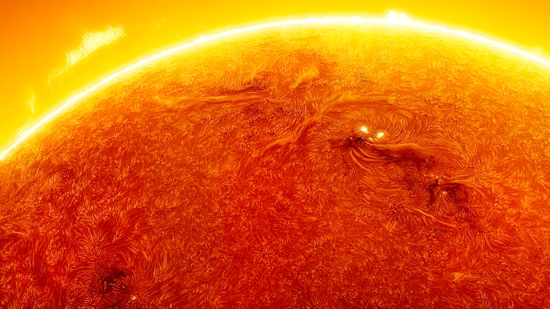
Solar Storm + Earth's Magnetic Field = Auroras Galore

What's the Brightest Star in the Sky? Depends on the Season
Learn More / Page 5
To define the location of objects in the sky, astronomers utilize a system of celestial coordinates, which extends latitude and longitude from Earth's surface into space.
Rovers are getting some practice hunting for microbes here on Earth before they head to Mars in 2020.
Scientists are continually discovering more moons orbiting the outer planets, particularly Saturn and Jupiter. Just how many moons does Jupiter have?
Advertisement
It's a celestial gift in the middle of August. Just look up for a spectacular sight.
Jupiter has been notoriously bad about revealing any water deep in its thick atmosphere. That's changing though.
Advertisement
Back in 2006, the International Astronomical Union decided to demote Pluto to the status of a dwarf planet. A historical study challenges that designation.
The occasional sunspot can interrupt communications here on Earth. But major solar flares have the potential to cause more havoc. Could a flare-up wipe out all our electronics?
Scientists have discovered the existence of water on both our moon and on Mars. Both findings are significant, but what do they mean? Can we use this information to our advantage for space exploration?
By Josh Briggs
Everyone's heard of the blue moon and the harvest moon, but every other full moon of the year has a name, too. What are their names, and when do these moons occur?
Advertisement
Researchers at the Zwicky Transient Facility have found an asteroid in Earth's orbit. And this one has the shortest year yet.
Did you know that a moon can leave its orbit around a large planet and go out on its own?
As the search for Planet Nine wears on, and astronomers have yet to get so much as a glimpse of it, researchers are pondering what else the object might be.
Advertisement
When you think about massive, mysterious cosmic bodies like accretion disks, the water swirling around your bathtub probably isn't the first thing to come to mind. But hey, physics works the same magic on all scales.
Precipitation does fall from the clouds of other planets, but it's a little more exotic than the rainwater we get here on Earth. Imagine sheets of methane, sulfuric acid and, yes, diamonds falling from the sky.
The gegenschein, "faint light" in German, occurs under very specific astronomical conditions when the sun reaches the exact opposite of Earth from wherever you're stargazing.
Astronomers at HaleakalÄ Observatory in Hawaii noted a bright X-ray emission in 2018, which persisted for three weeks and glowed ten times more brightly than previously studied supernovas, but are just now beginning to understand it.
Advertisement
And this month's buck moon is extra-special because it is a supermoon!
Blood moons always bring out the stargazers though they aren't that rare. So what makes blood moons red? And do they differ from lunar eclipses?
When December's moongazing rolls around, you'll want to take a look at the cold moon, an appropriate moniker if there ever was one.
This doughnut-shaped ring around the sun is home to millions of comets, moons, dwarf planets and other celestial objects. What are these objects doing in the Kuiper belt?
Advertisement
Head's up, stargazers! Mark your calendars for the 22 must-see events this year.
News headlines talk about a rare green comet appearing in the sky. The comet itself is rare, but green comets, not so much. What makes some comets appear green?
